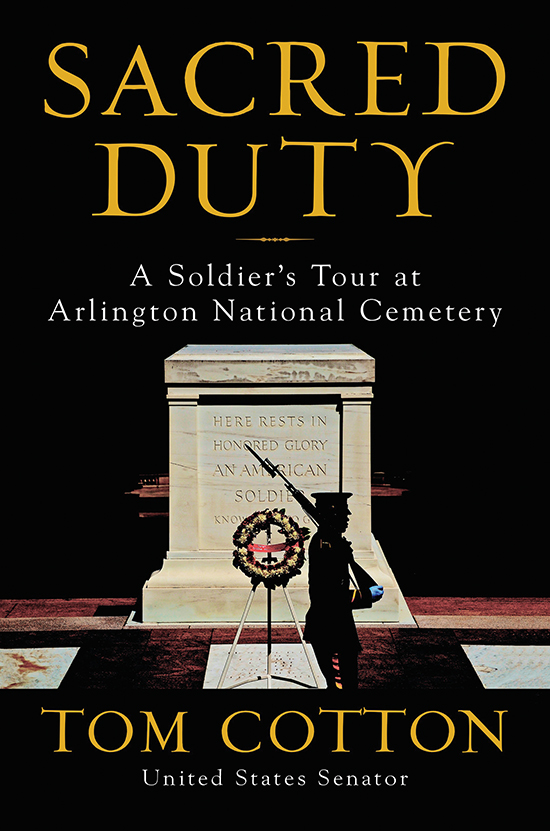
Honor History and Its Lessons
The reasons for understanding the past are plentiful. Historical knowledge may illuminate the moments that shaped a loved one’s life or simply satisfy a curiosity about events and people that occupied a different place in time. A look into yesteryear can help make sense of the world today or even foreshadow happenings well into the future.
Whatever the basis for your interest in looking back in time, there are many ways you can honor and develop a deeper understanding of history. It’s just a matter of finding the method that fits your interests best.

Visit a museum or historical monument. These locations are rife with information, and often artifacts, that bring the past to life. You can find museums for all types of topics and interests, some with broad information about an event or subject and others that tell a story from a particular vantage point. Monuments offer a similar glimpse at the past, but they generally serve as physical markers of a particular place or event. This means you can stand exactly where the nation’s forefathers stood as they fought for liberation from British soldiers or take in the same sights as the pioneers who ventured west along a wagon trail.
Explore written accounts of history. Historical books lend a diverse perspective on history, from factual accounts of times and places to personal narratives that let you experience exceptional moments through the eyes of someone who was there. For example, “Sacred Duty: A Soldier’s Tour at Arlington National Cemetery” from publisher Harper Collins paints an inspiring portrait of Arlington National Cemetery\’s elite Old Guard unit, as well as telling the story of U.S. Senator Tom Cotton’s time as a platoon leader there. America’s oldest active-duty regiment, dating back to 1784, The Old Guard conducts daily military honor funerals on the 624 rolling acres of Arlington. Readers have the opportunity to immerse themselves in the honor and the challenges of duty at the nation’s most sacred shrine. Learn more or order online at HarperCollins.com.
Let elders tell their tales. Though much of recent history is heavily documented, there’s no comparison to hearing first-hand how a person felt and thought as those historical moments unfolded. War stories, memories of childhood, tales from the first time driving a car – these are all experiences that looked very different a generation or two ago. Use special occasions and family gatherings to encourage the elders in your life to tell their stories and make notes or record those memories to cherish years into the future.
Research your family tree. No history is as personally relevant as your family tree. Your ancestors hold the answers to exactly why you look like you do, and maybe even why you act certain ways. Online services make it easy to begin piecing together relations that date back generations.
Visit a cemetery. You may think of a trip to a cemetery as purely a chance to pay your respects to the departed. While visiting grave sites of loved ones you’ve lost and leaving flowers or other trinkets are common practices, you can also learn a great deal from a cemetery. Looking for surnames you recognize may alert you to members of your family tree you never knew or seeing dates etched in the stones may help you piece together bits of family history.
Digging into the past may be entertaining, insightful, inspiring or all of the above. You may be surprised by all you can uncover once you get started.
Source:
Harper Collins


